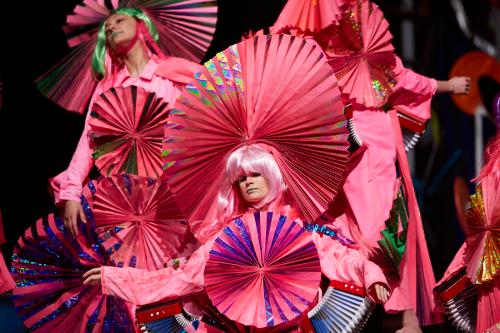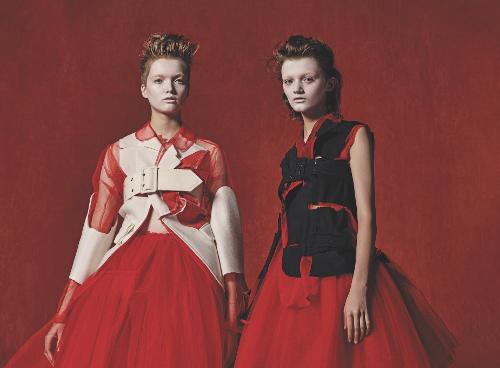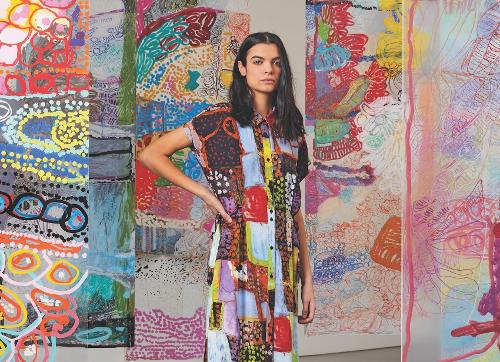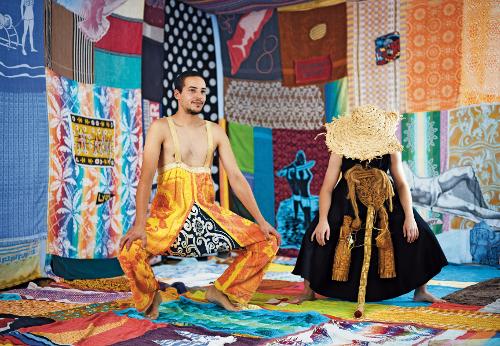Search
You searched for contributors, issues and articles tagged with Transorientalism ...
Contributors
Issues
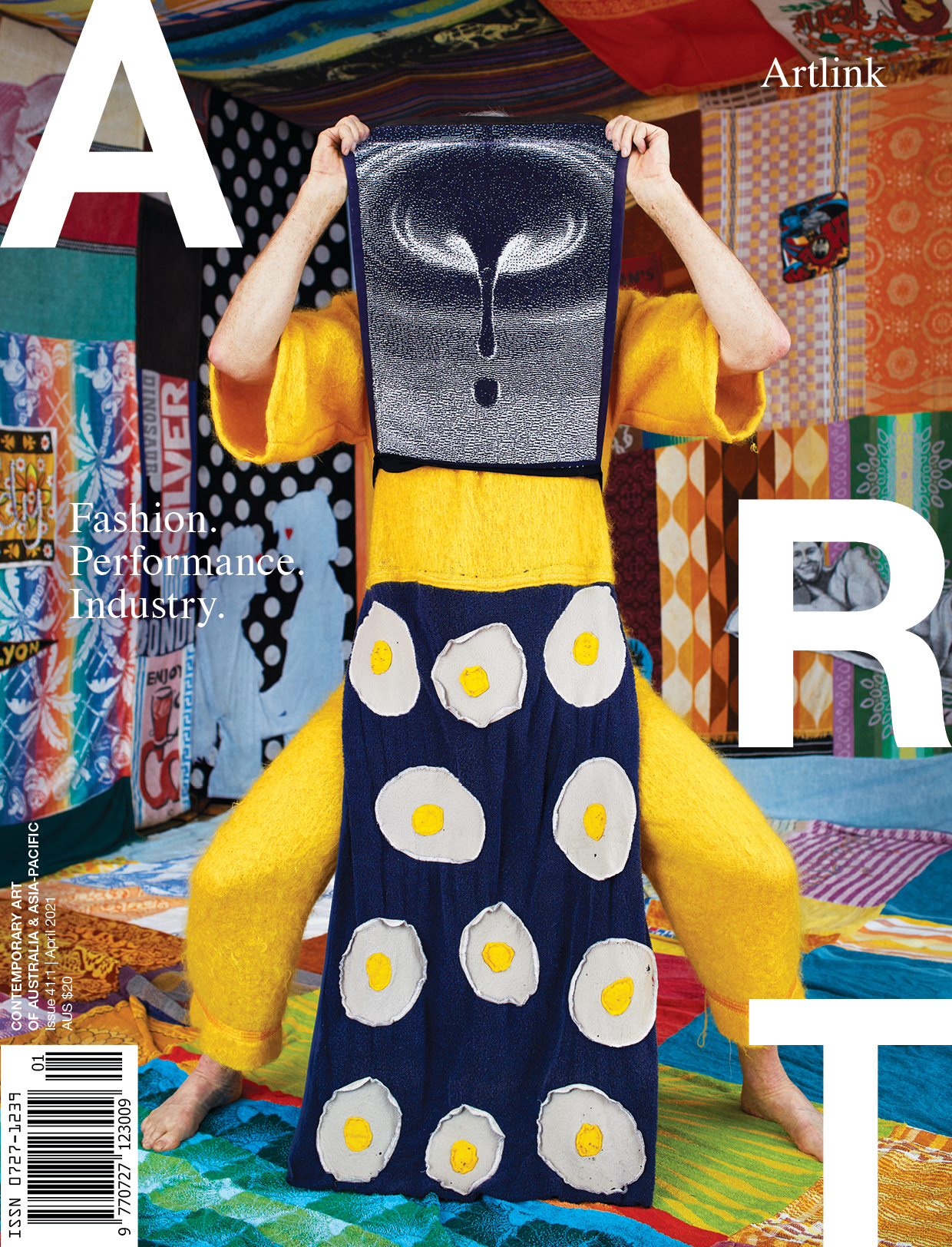
Articles

“Look at that: you made it”
Alanna Okun, The Curse of the Boyfriend Sweater.
I learned to sew as a young child. Sitting in my mother’s lap, I picked up the delicate and confident touch and precision to snip threads and manipulate cloth as she made clothes for herself, my sister and me. Before I could read and write, I was adept at using a needle and thread to form my creative visions in the three-dimensional materiality of cloth. Mum taught me to cut, alter and mend to make efficient use of materials and garments, a make-do-and-mend sensibility that she learned from her own mother, raised during the Depression in rural South Australia. At my mother’s side, I also came to understand and express my sartorial sensibility and identity through the garments I made. Mine is a common story.

“Beauty is a curse and I’ve got it.”
Effie is the most beloved character from the 1989 Australian TV sitcom Acropolis Now, which is set in a fictional café of the same name. Her character is a defiant assertion of “wog” ways: her high hair and incessant gum-chewing are flamboyant stereotypes, but her character, and those of her castmates, were then new to Australian TV. Acropolis Now, a spin-off from the highly successful stage play Wogs out of Work, dislodged the Anglo-centric narratives of Australian comedy TV. The show has been credited with popularising the term “skippy” or “skip”, used by Greek, Italian and other non-Anglo Australians to refer to Anglo-Celtic Australians since the 1970s.

How do you haunt a ghost?
For the most part, this is not a rhetorical question because, simply put, a ghost can’t be haunted: it is the medium of haunting itself. The space-time paradigm of the terrestrial won’t allow for it. Haunting, as conceived in the vernacular imagination, demarcates an activity reserved solely for “the unhallowed dead of the modern project”, those improperly buried inheritors and victims of repressed, unresolved violence and injury—those whose lives were stalled and silenced. So by virtue of this logical impasse, you can’t technically haunt a ghost.

